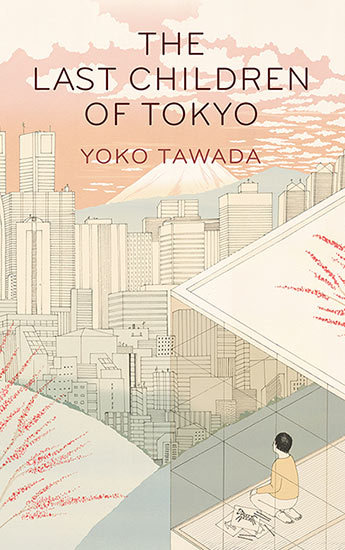The Last Children of Tokyo
Book review:

A subtle and slightly unusual dystopian science fiction about the new generations dying earlier and earlier while those already elderly seem to age without dying.
The Last Children of Tokyo presents a hauntingly unsettling new normal. In the Japan of the future, contamination from an unspecific world disaster has yielded a tragic dichotomy in Japan’s population. Those born prior to the disaster, grow older but without the degradation that once accompanied old age. These super centenarians watch in sadness as each successive generation is born more feeble, malformed and short lived than the last.
Its original Japanese title translates as Emissary. This has significance and actually refers to one of the only plot elements in a work that turns out to be surprisingly plot bare. The novel serves more as a vehicle for a reimagining of many aspects of the society and lives in Japan as they stand today. These changes can range from farcical to sinister. For example, the allure of foreign culture has fallen so far that even naturalised loanwords are discouraged from use. Ubiquity of maladies and defects has had the effect of eliminating prejudices towards the disabled or infirm. The rural nostalgia exhibited in much of Japan'a creative works is present here but with the biting twist that regional parochialism virtually strangulated trade of produce within Japan. There are also strong but vague hints that Tokyo might have it better than outlying islands.
Author, Yoko Tawada, writes in both Japanese and German and has garnered accolades in both languages including the Akutagawa Prize in 1993. Magical realism, which often features in her works, is absent here. Instead, she crafts a surreal but hypnotically intriguing world that reveals itself in a very gradual, unforced manner. For a book of only 144 pages it feels like much more.
Shelf: 913.6 TAW
[Kentōshi. English]
The last children of Tokyo.
by Yoko Tawada ; translated by Margaret Mitsutani.
London : Portobello Books, 2018.
138 pages ; 20 cm.
Translated into English from the Japanese.
ISBN:
978-1-84627670-5 (paperback)
Find me on